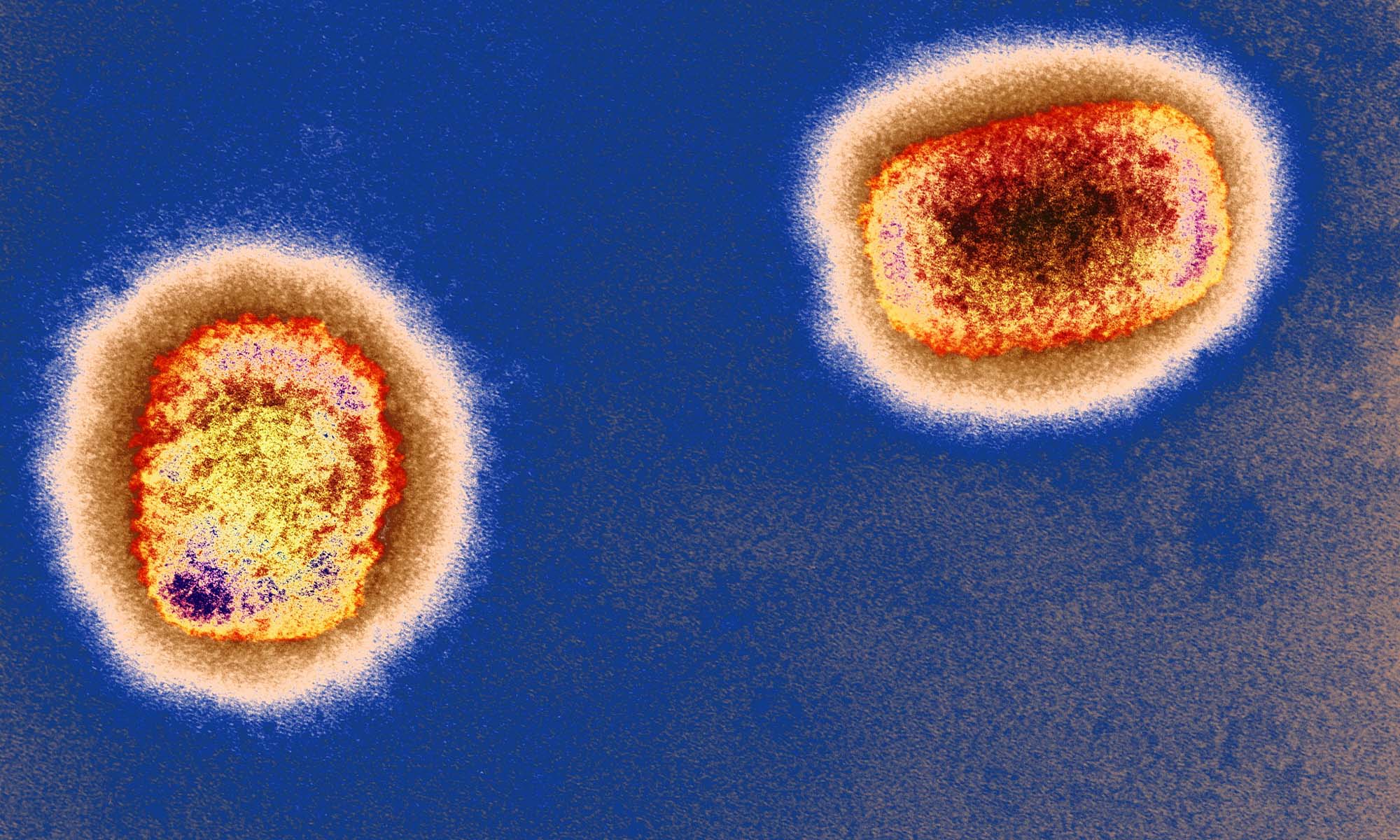Risk of imported cases of monkeypox increases, but no need to panic 'due to anti-COVID experience, limited transmission capacity'

The monkeypox virus Photo:VCG
No confirmed cases of monkeypox have been reported in China, but as the situation worsens in other countries, the risk of imported cases will increase accordingly, experts from the Beijing Center for Disease Prevention and Control (CDC) said on Sunday. But they noted that there is no need to be overly concerned, given the nation's experience in dealing with infectious disease prevention and control, and the limited transmission capacity of the monkeypox virus.
Monkeypox is an existing disease that is zoonotic. Unlike COVID-19, it is not a new infectious disease that requires more conditions for transmission and is therefore less efficient. Most patients can recover without special treatment, experts explained.
The World Health Organization (WHO) has so far confirmed more than 300 confirmed and suspected cases of monkeypox in more than 20 countries since the first case was reported in the UK in early May.
The latest analysis of the existing monkeypox virus genome sequences from several European countries shows that the viruses belong to the mild West African branch, and the relationship between the virus samples is extremely close, further confirming that large-scale community transmission of monkeypox has occurred in Europe.
While the virus itself is not a sexually transmitted disease, a type of infection that is generally spread through semen and vaginal fluids, the recent surge in cases in Europe appears to be directly linked to widespread male-to-male sex at rave parties in many parts of the continent, US media reported, citing local health officials as saying.
The WHO also published public health advice on its website for gay, bisexual and other men who have sex with men to prevent monkeypox, noting that the most recent surge in cases appears to have been spread among men who have sex with other men.
Monkeypox can be transmitted through contact with skin lesions and droplets of a contaminated person, as well as shared items such as bedding and towels. The possibility of respiratory droplet transmission cannot be ruled out under prolonged, face-to-face contact conditions, Beijing CDC experts said.
Experts also explained that the incubation period for monkeypox is usually six to 13 days, but it also can be five to 21 days. Symptoms include fever, muscle aches, swollen lymph nodes, chills, exhaustion and a chickenpox-like rash on the hands and face, which usually clears up after two to four weeks.
There is no specific treatment but vaccination against smallpox has been found to be about 85 percent effective in preventing monkeypox, medical experts noted.
There is no need to panic about monkeypox outbreaks either in terms of the route of the transmission or the virus itself, Jiang Chunlai, a professor at Jilin University's School of Life Sciences, told the Global Times on Sunday.
"Monkeypox virus is not a DNA virus, and there is basically no major mutation," said Jiang, adding that the virus is not mainly transmitted through the respiratory tract, so the possibility of large-scale transmission is greatly reduced.
Beijing CDC experts said that at present, the general population in China maintain a distance in crowded places, wear masks and wash their hands frequently. Avoiding contact with wild animals, especially sick or dead animals, and not eating undercooked meat can effectively reduce the risk of infection.
Several Chinese test kit makers reached by the Global Times said that they have developed nucleic acid test kits for monkeypox, which can be quickly put into mass production and on the domestic market once approved by the government.
Experts said that there are no technological problems in developing a vaccine against monkeypox and a rapid special review by China's drug administration could help the country develop a vaccine in roughly a year.
More than a dozen Chinese biotech companies have obtained the CE certification in the EU for nucleic acid test kits for monkeypox, and they have received some domestic and international orders.
